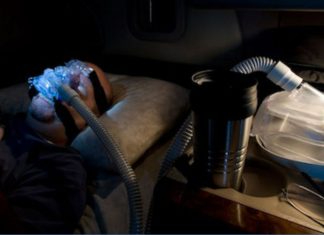
The effects of being dishonest when giving information for an insurance policy can be disastrous. A good example of this is the story of a driver who was reentering the industry and starting his own trucking company. He filled out the insurance application with an agent who then submitted it to several insurance companies. However, all the companies he typically worked with declined to offer a quote.
The agent checked all the information and found that none of the drivers owned by the company had any tickets or violations, there was only one insurance claim from the driver’s past (which is usual for most drivers), and all the trucks and trailers were fairly new. The agent then contacted one of the insurance carriers and found out that the driver’s previous federal operating authority had been revoked because his insurance had been canceled by the insurance company.
If someone suggests that you deceive your insurance company, whether it’s a business partner, a friend, or even an insurance agent, resist the temptation. Here are some of the most common ways that people deceive insurance companies:
- Failing to include all vehicles owned or operated on the policy, including trucks and trailers.
- Failing to include all drivers on the policy.
- Using someone else’s address as a garaging address.
- Using a P.O. Box address as the physical location of the business.
These deceptions might result in a lower premium, but they can also lead to your insurance policy being canceled. Once that happens, it’s hard to get it reinstated and nobody wants to be associated with a dishonest owner. This is why insurance companies deal harshly with dishonest policyholders.
















